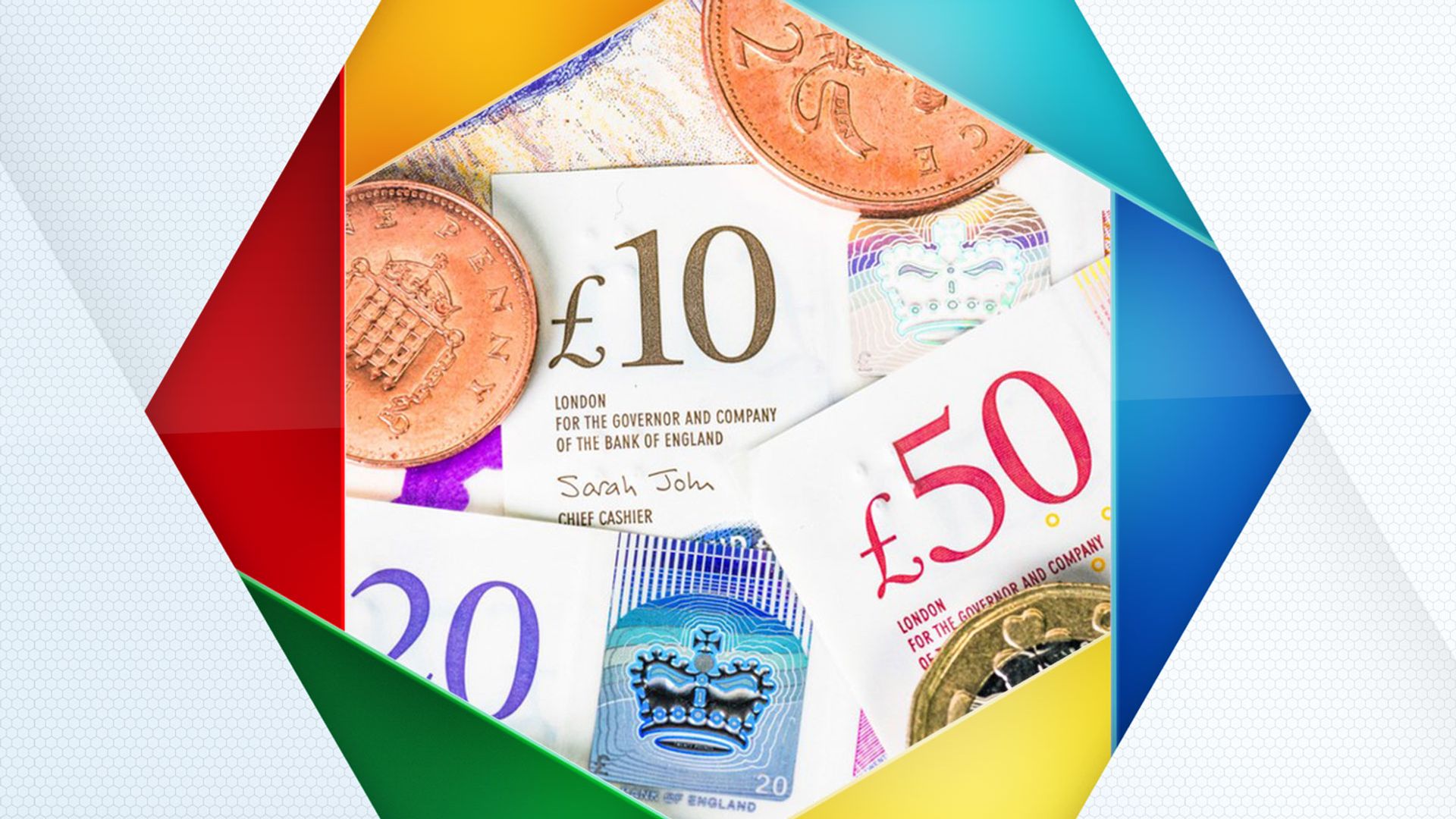Chancellor Rachel Reeves has finally unveiled the budget for 2024. Here are the key points:
This page is being updated, refresh to see more as it’s announced.
• The budget raises taxes by £40bn.
• National Insurance contributions for employers (not employees) will increase by 1.2 percentage points to 15% from April 2025.
The point at which employers start paying NI will fall from £9,100 a year to £5,000 a year. This will raise £25bn per year.
• The lower rate of Capital gains tax (CGT) on the sale of assets will increase from 10% to 18%. The higher rate will go from 18% to 24%. CGT on the sale of residential property will also increase from 18% to 24%.
• Tax thresholds will rise, meaning the point at which people pay higher taxes will be increased. These tax bands had been frozen. But this freeze will end in 2028 and the bands will increase at the rate of inflation.
• Health and employment services for people who are disabled and long-term sick will get £240m in funding.
• The minimum wage for people 21 and over will rise by 6.7% to £12.21 an hour. This is the equivalent of £1,400 a year for a full-time worker. Workers aged 18 to 20 will see their minimum wage increase by 16.3% to £10 an hour.
• People will now be able to earn £10,000 or more while claiming Carers Allowance. This will mean an extra £81.90 for those newly eligible.
• The household support fund will receive £1bn to help those in financial hardship with the cost of essentials.
• The day-to-day NHS budget will increase by £22.bn.
• This will facilitate 40,000 extra hospital appointments and procedures every week and will include £1.5bn for new hospital beds.
• The 5p fuel duty will be frozen until next year.
• A cut to draft alcohol duty of 1.7%, which could make drinks cheaper by 1p.
• The tax on tobacco will rise at the rate of inflation plus an additional 2%. There will also be an extra 10% on rolling tobacco.
• There will be a new flat rate duty on all vaping liquid from next October.
• VAT will be introduced on private school fees from January 2025 and business rates relief for private schools will be removed from April 2025.
• Some 500 state schools that are old and not fit for purpose will be rebuilt at a total cost of £1.4bn. There will be an extra £300m for school maintenance each year, which will cover dealing with RAC concerns.
• The budget for free school breakfast clubs will be tripled to £30m, in 2025 and 2026. The core budget for schools will also rise by £2.3bn next year.
• An investment of £300m for further education and £1bn for children with special educational needs (SEN).
• The HS2 rail link between Old Oak Common in west London and Birmingham has been confirmed. Tunnelling work will also begin on extending the line to London Euston.
• Air passenger duty on private jets will rise by 50%, which is the equivalent of £450 per passenger.
• The annual defence budget will fall below 2.5% of GDP next year – with an increase of £2.9bn for the Ministry of Defence.
• A commitment of £3bn a year for Ukraine for “as long as it takes”.
• Public finances will be in surplus, rather than in deficit, by the 2027-2028 financial year. The government claims this means reaching stability two years earlier than planned.
• The Office for Budget Responsibility (OBR) predicts UK GDP growth to be 1.1% in 2024, 2.0% in 2025, 1.85% in 2026, 1.5% in 2027, 1.5% in 2028, 1.6% in 2029.
• The OBR expects public sector net borrowing to be £105.6bn in 2025-26, £88.5bn in 2026-27, £72.2bn in 2027-28, £71.9bn in 2028-29 and £70.6bn in 2029-30.
• The price of soft drinks will rise, with an increase to the drinks levy in line with inflation every year. Nearly £1bn a year will be raised thanks to the measure.






